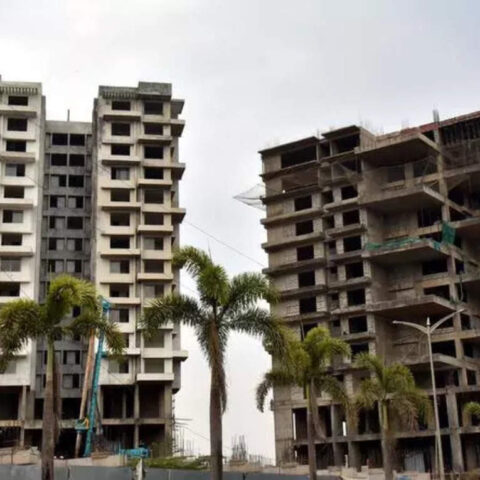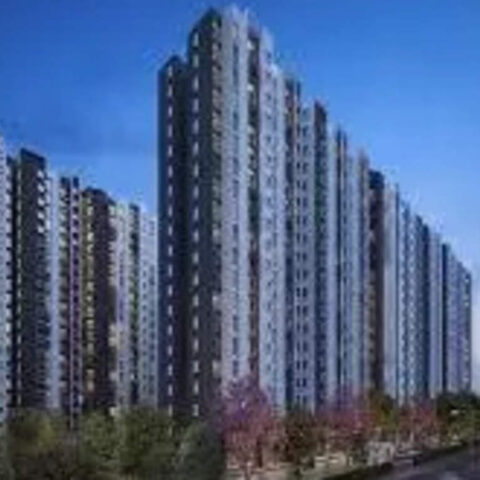
BENGALURU: Homebuyers in Karnataka will face a higher stamp duty for the registration of sale agreements where the property is yet to be delivered, with the revenue department increasing the rate to 0.5% of the property value, with a minimum fee of Rs 500, as per an amendment to the state’s Stamp Duty Act.
So, if a person is buying a property worth Rs 1 crore, the person will have to pay Rs 50,000 upfront during signing of the sale agreement as the stamp duty charge. That is a considerable increase from the previous rate of 0.1%, subject to a cap of Rs 20,000.
Currently, the stamp duty in Bangalore is 6.6% of the property’s market value. The advance stamp duty will be adjusted against this at the time of the registration of the property. For resale, there is no impact as property registration often happens in a month.
“Amid record-high residential market sales, a revised stamp duty is unlikely to disrupt momentum. However, caution is warranted; further upward revisions may impede growth,” said Manoj Agarwal, managing director of Agarwal Estates. “Striking a delicate balance is essential to sustaining market vitality while ensuring affordability for prospective buyers.”
Bhavesh Kothari, founder and CEO of real estate consultancy Property First also doesn’t expect the change in stamp duty to hurt home sales. “The residential market continues to be on a strong footing owing to the positive sentiment among homebuyers and the demand for bigger homes,” he said.
For developers, the mortgage registration cost will go up as the government has revised the cap, which is now 0.05% of the consideration amount in excess of Rs 10 lakh, subject to a maximum of Rs 10 lakh. Earlier, this was 0.01% with a cap of Rs 5 lakh.
The residential real estate market in India’s top seven cities witnessed record-breaking sales of 271,800 units in 2023. Bengaluru contributed more than 21% to the total property sales.
The trend is expected to continue in 2024, with the residential sales in the seven cities projected to reach 300,000-315,000 units, registering 10-15% growth, according to real estate consultancy JLL India. This forecast is based on the assumption that India’s current GDP growth would sustain with range-bound inflation in the economy, and an anticipated reduction in home loan interest rates by 40-50 basis points during the year.










